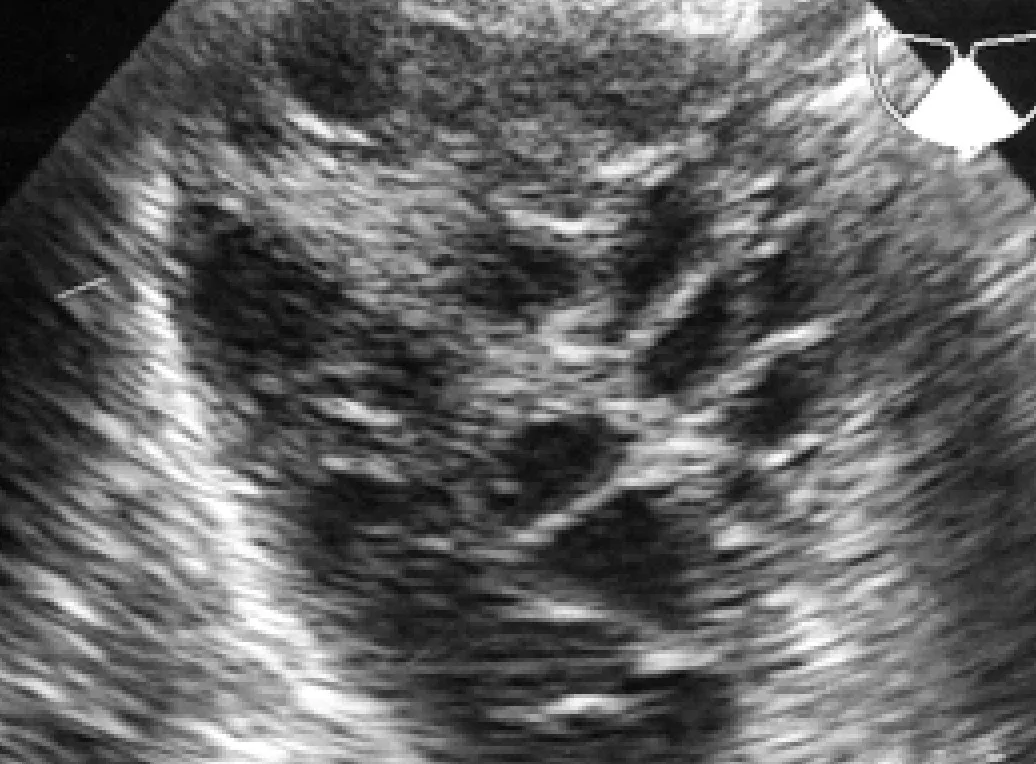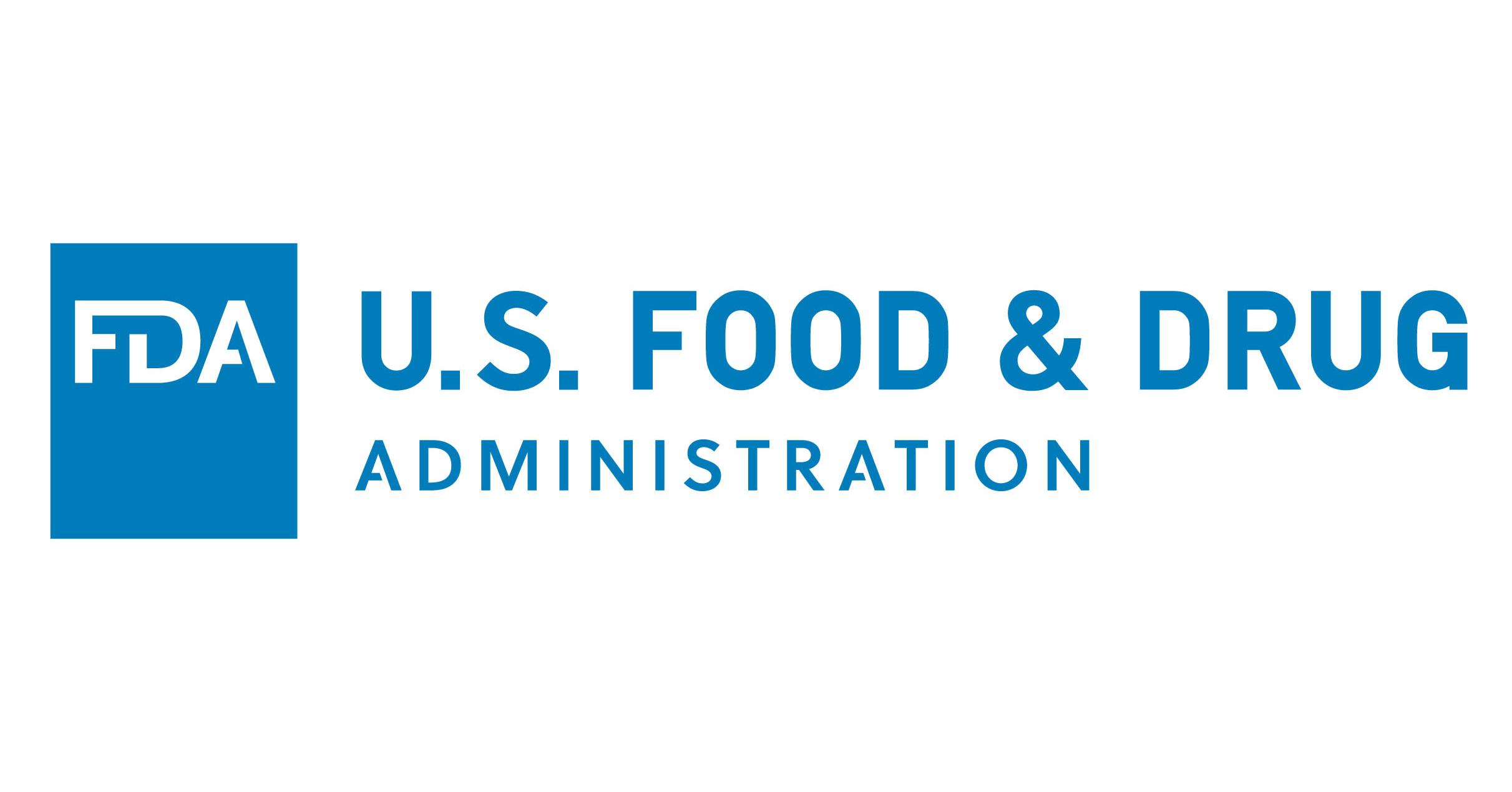What is Polycystic Ovarian Syndrome?
Polycystic ovary/ovarian syndrome (PCOS) is a hormonal disorder defined by a group of signs and symptoms. These may include:
- Irregular or absent menstrual periods
- Excessive hair on the face and body
- Acne
- Thinning hair on the scalp
- Infertility
- Ovaries with characteristic polycystic appearance or polycystic ovary (PCO)
- Elevated levels of male sex hormones such as testosterone
- Weight gain
PCOS is considered a syndrome because signs and symptoms vary from woman to woman. Not all signs and symptoms may be present in an individual suffering from PCOS.
Left to Right: Ultrasound of a Normal Ovary, Ultrasound of a Polycystic Ovary, Ultrasound of a Polycystic Ovary with Classic Necklace Sign
FAQs
How common is it?
PCOS affects 5-10% of the female population. It is the most common endocrine disorder affecting women of reproductive age, but many women don’t know they have it.
Who is at risk to develop PCOS?
PCOS seems to be inherited. Female relatives or children of women with PCOS tend to have an increased risk for having PCOS. Obese women are also predisposed to PCOS.
Does PCOS get worse over time?
Symptoms of PCOS may worsen during a woman’s prime reproductive years, ages 20-40. This is particularly seen in women who gain a significant amount of weight. As women near menopause, however, the severity of symptoms can subside.
What causes PCOS?
The exact cause of PCOS is not fully understood. There is probably more than one cause. It is believed that abnormal levels of reproductive hormones from the pituitary gland, namely follicle stimulating hormone (FSH) and luteinizing hormone (LH), along with elevated levels of insulin and male sex hormones (androgens) act in concert, leading to disruption of normal ovarian function.
Put it in another way, the abnormal hormone environment in PCOS leads to failure of ovarian follicles to mature and ovulate properly. As a result, ovulation rarely or infrequently takes place, resulting in irregular menstrual period.
The term polycystic ovary (PCO) describes the accumulation of excessive amount of small follicles (small cysts), between 4-9mm in diameter, in the ovary. Because of the abnormal hormone environment in PCOS, these small immature follicles rarely develop into a mature stage and ovulate. At the same time, the excessive amount of small follicles collectively produces abnormally high levels of male sex hormones. This is also known as ovarian androgen excess. The excessive male sex hormones, the most potent of which is testosterone, lead to symptoms such as excessive facial hair, thinning of hair on the scalp and acne.
What are the symptoms of PCOS?
The abnormal hormone levels in PCOS lead to the classic symptoms of menstrual irregularity, hair growth and acne, weight gain and obesity, insulin abnormalities and difficulty becoming pregnant.
PCOS Symptoms
Menstrual irregularity
When ovulation does not occur regularly, the lining of the uterus (the endometrium) does not uniformly shed and regenerate as in a normal menstrual cycle. Instead the endometrium gets thicker and sheds unpredictably. As a result, not only the onset of menstrual bleeding is unpredictable, the bleeding is often heavy and/or prolonged. Prolonged heavy bleeding is not merely inconvenient. It can lead to chronic fatigue from iron deficient anemia. It is not uncommon for women with PCOS present with an excessive blood loss from an episode of heavy and prolonged bleeding that blood transfusion may be necessary.
There is an additional risk with irregular mense among women with PCOS. When the endometrium fails to shed properly and is chronically exposed to abnormal level of ovarian hormones, it can develop into an abnormality called endometrial hyperplasia and even endometrial cancer.
Hair growth and acne
The elevated level of male hormones, also known as ovarian androgen excess, from the ovary (and sometimes from the adrenal gland as well) causes male-pattern hair growth (hirsutism) on the upper lip, chin, neck, sideburn area, chest, upper or lower abdomen and inner thigh. The elevated level of male hormones leads to excessive oil production in the hair follicle of the skin and facilitates bacterial overgrowth leading to acne. Acne is a common skin disease in which the skin pores become blocked, causing pimples to develop.
Weight gain and obesity
About half of all women with PCOS have gradual weight gain leading to obesity. Some women with PCOS develop obesity at the time of puberty. It is unclear exactly how the abnormal levels of male sex hormones and insulin are linked to weight gain.
Insulin abnormalities
Insulin is a hormone produced by specialized cells (islets of langerhans beta cells) in the pancreas. Insulin regulates blood glucose levels. When blood glucose levels go up (for example: after a meal), these cells produce insulin to help the body to use glucose for energy. All types of insulin abnormalities are found to be more common among women with PCOS.
Insulin resistant and hyper-insulinemia
If glucose levels do not respond to normal levels of insulin, the pancreas produces more insulin. The condition where excess insulin is required to maintain normal glucose level is called insulin resistant. When the blood levels of insulin are elevated above normal, it is called hyper-insulinemia.
Glucose intolerance and pre-diabetes
When glucose levels are not completely controlled, even with the increased amounts of insulin, the condition is called glucose intolerance, also known as pre-diabetes.
Type 2 diabetes
If blood glucose levels continue to rise above certain defined values (the American Diabetic Association and the World Health Organization have slightly different diagnostic criteria) despite increased insulin levels, the condition is called type 2 diabetes.
It appears that PCOS adds an additional risk to develop all types of insulin abnormalities independent of body weight. Current research shows that insulin resistance and hyper-insulinemia are more common among both normal-weight and obese women with PCOS. As well the risk of developing type 2 diabetes is higher among women with PCOS compared with women without PCOS.
Infertility
Since women with PCOS have irregular cycles or infrequent ovulation, it comes as no surprise that women with PCOS have difficult getting pregnant.
How is PCOS Diagnosed?
There is no single test to diagnose PCOS. The diagnosis of PCOS is based on a combination of symptoms, blood tests and a physical examination. Several expert groups, including the National Institute of Child Health and Human Development (NICHD), the European Society for Human Reproduction and Embryology along with American Society of Reproductive Medicine (ESHRE-ASRM) also known as the Rotterdam Consensus, and the Androgen Excess and Polycystic Ovary Syndrome Society (AE-PCOS) have attempted to standardize the diagnostic criteria for PCOS but have only resulted in more confusion and controversy.
Generally PCOS is diagnosed when the following are demonstrated:
- irregular menstrual periods caused by irregular or no ovulation
- laboratory testing reveals high levels of male sex hormones such as testosterone and DHEA-S
- symptoms of excessive male sex hormones, including excessive facial or body hair, acne or male-pattern balding
- ultrasound appearance of polycystic ovaries (PCO), and
- other conditions leading to elevated levels of male sex hormones have been ruled out, e.g. high prolactin level, male hormone secreting tumors, and adrenal disease.
Because PCOS is often linked to metabolic abnormalities such as elevated levels of cholesterol and blood glucose, cholesterol and glucose levels are usually measured as well. Because fasting glucose levels are often normal even among women with insulin resistance, experts agree that once PCOS is confirmed, an oral glucose tolerance test is the best way to diagnose pre-diabetes and/or diabetes. Currently the Endocrine Society recommends treatment be started when pre-diabetes is diagnosed instead of waiting until frank diabetes is diagnosed.
Many women with PCOS also have sleep apnea. A screening for sleep apnea with questionnaires or overnight sleep studies in a sleep laboratory may be warranted.
How is PCOS Treated?
Currently there is no cure for PCOS. Symptoms of PCOS can be managed with medications, dietary modification and a healthy lifestyle. Our patients see our reproductive endocrinologist, Dr. H. Christina Lee, who often consults with other physicians and experts in dermatology, nutritional science, psychology and genetics. We work together with each patient to create an individualized treatment plan that works for her.
Irregular bleeding or ovulation
The treatment objectives here are to prevent excessive prolonged bleeding as well as development of endometrial hyperplasia. Several treatment options are available. The most commonly prescribed medication for the control of irregular bleeding is birth control pill (BCP). Bear in mind that BCP allows regular bleeding. It does not mean that the PCOS is cured. The irregular cycles will return as soon as BCP is stopped. Women with PCOS occasionally ovulate; BCP has the added benefit of protection from pregnancy. As described below BCP also has the added advantage of suppressing the elevated levels of male sex hormones, improving hirsutism and acne.
An alternative to BCP for the control of irregular bleeding and prevention of endometrial hyperplasia is taking a hormone called progestin (e.g. Provera, Aygestin) for 7-14 days every one to three months. This type of medication will induce a period in almost all women with PCOS, but it does not prevent an unplanned pregnancy or relieve the hirsutism and acne.
Excessive hair growth
Excessive hair growth can be removed by shaving, electrolysis or laser therapy. BCP is very effective in decreasing the circulating levels of free male sex hormones, thereby decreasing the growth of hair growth and relieving the severity of acne. Other medications that are of value for excessive facial hair include spironolactone ( a diuretic for the treatment of high blood pressure but also competes against testosterone for the binding to testosterone receptor) and Vaniqa (a medication that blocks one of the key enzymes in cell division and proliferation in the hair follicle).
Weight gain
Weight loss is the most effective approach to manage many of the symptoms of PCOS, namely irregular menstrual periods and insulin abnormalities. Weight loss can often be achieved with diet, exercise, weight loss medication and weight loss surgery.
Metformin (Glucophage) is a medication that improves the sensitivity of the body to insulin. It is approved by the Food and Drug Administration to be used for the treatment of type 2 diabetes. It has been found to be effective in women with PCOS in selected situations. For example, women who cannot take BCP may try Metformin with or without progestin to regulate menstrual cycle. Some studies also found that Metformin may be helpful for women with PCOS who are on a low-calorie diet program.
Infertility
If infertility diagnostic testing demonstrates that lack of ovulation is the cause of infertility, weight loss should be the primary treatment for overweight women with PCOS. Studies have shown that even a modest amount of weight loss may allow the woman to begin ovulating normally. Furthermore, weight loss improves the effectiveness of infertility treatment with ovulation induction.
Schedule a Consultation
Contact Us
If you are experiencing a medical emergency, call 911 or go to the nearest emergency room.
We understand you may have a lot of questions. Additionally, each couple or individual has a unique set of circumstances. To this end, the best way to get answers for your situation is a face-to-face consultation with our physician.
Schedule a Consultation
Contact Us
If you are experiencing a medical emergency, call 911 or go to the nearest emergency room.
We understand you may have a lot of questions. Additionally, each couple or individual has a unique set of circumstances. To this end, the best way to get answers for your situation is a face-to-face consultation with our physician.














